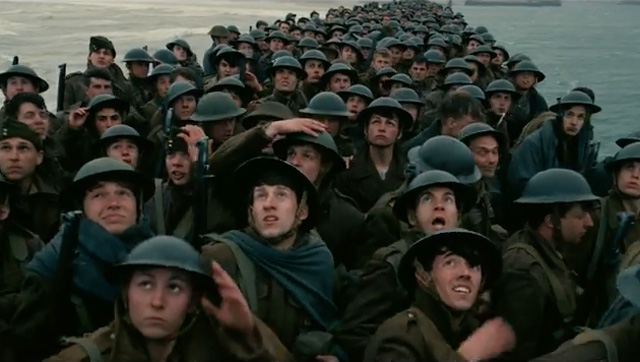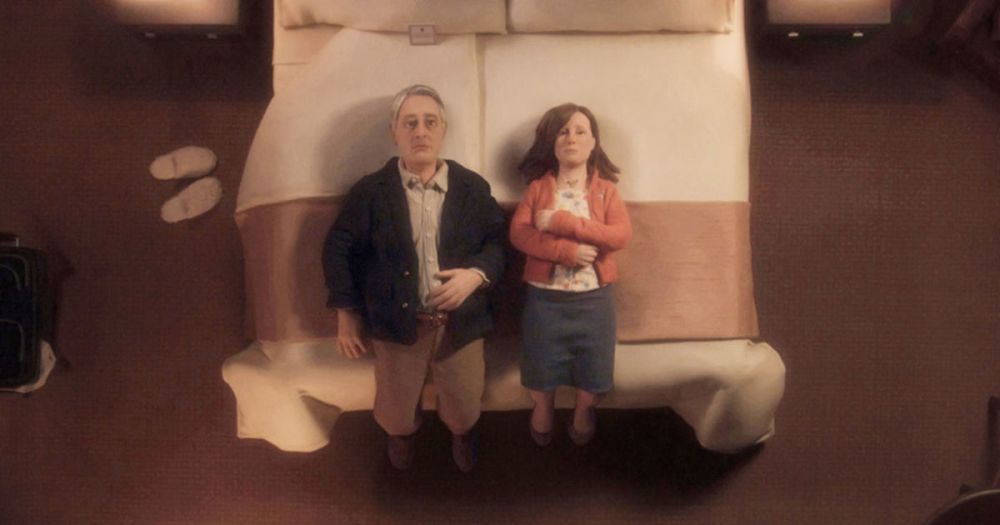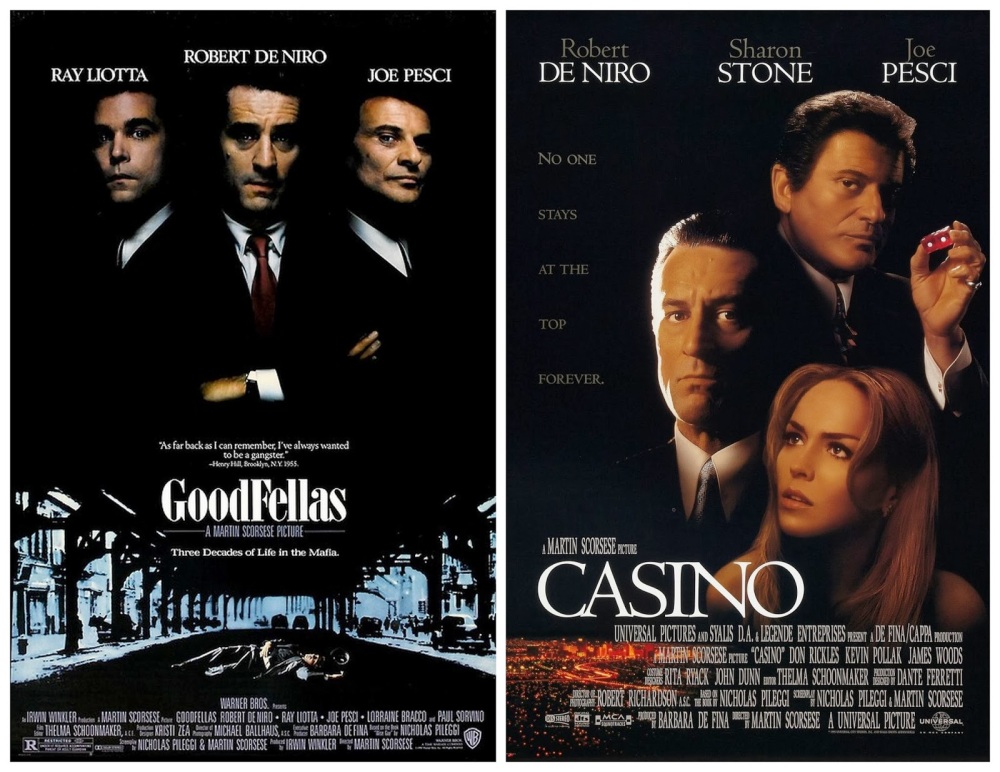“Dunkirk”: A Minimalist Portrait of Heroism and Sacrifice

Spoilers Warning:
On the surface level, “Dunkirk” is about the great retreat of the British (and French) army during the Battle of Dunkirk. It focuses on the various soldiers waiting, with an eerily reserved calmness, on the bombarded beaches for the ships to arrive ashore to take them home, as well as the fighter pilots from above launching their own counter attack to protect those soldiers below and the noble civilians aiding in the retreat out of love for their country (or humanity, depending on one’s view I guess).
One could certainly see the film as yet another exercise in destructive spectacle. The wide panning aerial shots of entire military ships, carrying thousands of soldiers and other military personnel whom just minutes before thought themselves completely safe, tragically tipping over like sailboats is truly horrifying. And getting real up close to soldiers ducking and covering on the barren shelterless beach from the ever-present bombs from above can make the viewer feel extremely vulnerable. But most of the anxiety-ridden action sequences derive from the build-ups. Coupled with Hans Zimmer’s characteristically bombastic, sometimes repetitive, score, these sequences sometimes feels cheap. Christopher Nolan never seems to have any interest in letting scenes play out on their own. I suppose the rationale for this would be that he wants us to feel the drama in its totality, in all its vastness both thematically and geographically, which can hardly be done without some overarching grand score. But it could be toned down a bit; the silence when the soldiers are all grouped and piled together awaiting for their ride home, each of their heads slowly craning upwards as the bomber jets begin their deathly routine, is frightening on its own right.
Furthermore, those looking for a more character-driven narrative may be gravely disappointed. Apart from our noble civilians, such as Mr Dawson humbly portrayed by Mark Rylance, at no point in the film do we really get to know any of the characters. The story is not interested in who these soldiers are. But that’s also perhaps what elevates the film into something else, something beyond the banal nationalistic heroism of one’s love of queen and country. Anyone who’s seen “Saving Private Ryan,” or, more recently “Hacksaw Ridge”, knows why these soldiers are here and any further elaboration would reduce the film to another hackneyed sentimental war piece on the chivalries that arise out of war. With “Dunkirk”, Christopher Nolan is trying to do something less conventional and more macro. Instead of focusing on the individual as some hero to the story, Nolan wants to show us that heroism is a collective enterprise.
This is precisely why “Dunkirk” might be Christopher Nolan’s most artistically unique film since “The Dark Knight.” With “Dunkirk”, Nolan is trying to paint an impressionistic portrait of the necessity and vitality of heroism, sacrifice, and cooperation in face of a common apocalyptic enemy (the constant threat of death raining down from the sky with nowhere to run definitely strikes an armageddon-like vibe). Like Kubrick’s more potent “Paths of Glory”, “Dunkirk” looks at individuals as parts of the greater whole. But at the same time, where the film falls thematically weakest is where it should be driving home its strongest point–namely, in the story of Mr. Dawson. Here, Mr. Dawson is supposed to represent the heroism of the everyman, or everywoman–a reminder that we should not forget the numerous civilians who’ve contributed just as much as the actual soldiers, such as the industrious, mentally hardened women at home working tirelessly in the factories and brave nurses treating the ill (the lack of narrative on that side is also unfortunate).
But Nolan depicts Mr. Dawson as being a bit too confident…the way-too optimistic note in which we end his story–with him proudly looking on at the clippings of a local paper calling the luckless boy who boarded his boat a hero (which isn’t completely undeserved, though one could say that by trying to help out without having any real skills to help out you might actually be harming the overall effort by getting in people’s way…)–it makes the film feel ingenuous. And the fact that he’s not even a little bit hesitant to bring his own and only son on board on a virtual suicide mission strikes a slightly jingoistic tone. One of the biggest dilemmas of the human heart is in deciding which duties are more important: the love for one’s own kin or one’s moral duties to the community at large. In this instance, Nolan makes it seem as if the latter is so obviously true….which it isn’t because if it is, we’d live in a completely different world.

